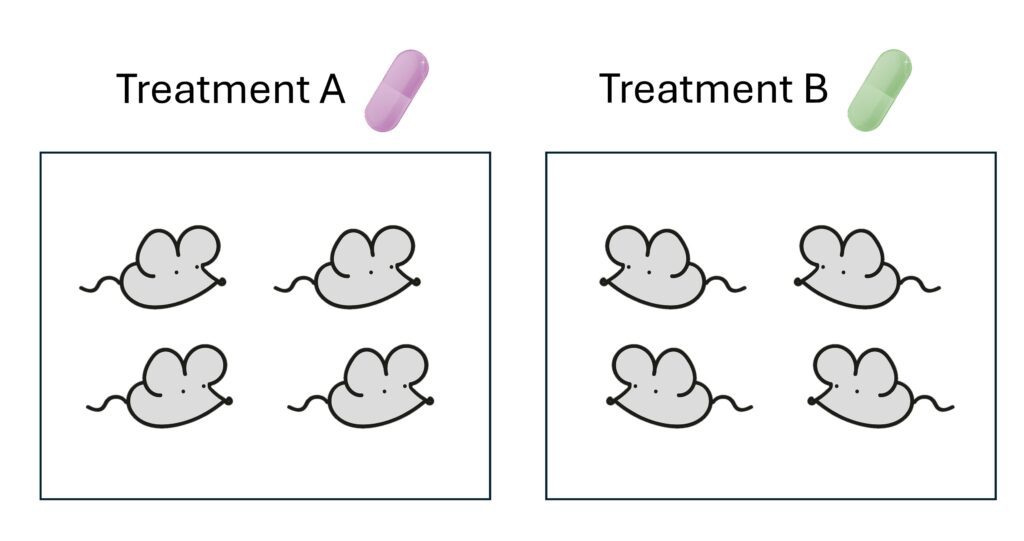I find the latest scientific contribution on the issue of shock collars to be frustrating – even outrageous.
Lots of problematic articles are published every day, but this one potentially has far-reaching consequences, and so I feel a lengthy, occasionally nerdy and also somewhat rambling blog post is in order.
I won’t describe the paper down to a T, but lift specific topics that I take issue with, so I encourage you to skim it before reading this post – or not…
In short, the authors found that teaching dogs to refrain from chasing a fast-moving lure was effective when shock-collars were used, however attempting to train the behaviour in a slightly shorter time frame using “food rewards” (50 minutes as opposed to 60 for the shocked dogs) was essentially useless. They also saw no signs of distress in the shocked dogs, except that all of them yelped in pain at some point.
I’m paraphrasing here, obviously.
And I’m using quotation marks to draw your attention to the fact that I’m not quite sure that they actually ever used those “food rewards” as reinforcement for correct behaviour in those treatment groups – the training setup was absolutely bananas, if you’ll pardon the pun (that last bit will make sense in a moment).
TL;DR? Here are the main points of this blog post: - The “food-reward” training was a travesty with a multitude of problems (e.g. dubious conditioning, unwanted behaviour reinforced, no shaping, no assessment of engagement, no calibration of the reward value, adding distractions and distance way too soon, not using a marker, etc etc); no learning occurred - The food-reward dogs got less training time than the shocked dogs - The type of training needed to be successful in the tests was not in the protocol for the food-reward dogs - The “welfare measures” were inadequate and possibly confounded - Generalized fear learning occurred in the shocked dogs, a potential concern for their long-term wellbeing - There was conflict of interest: shock-collar trainers training the “food-reward” dogs - The authors conclude that shock collars may occasionally save lives without considering the risks of shock collars costing lives, which I suspect is on a different order of magnitude - The problems are serious enough to warrant retraction of the paper
We’ll get to my detailed objections in a minute, but first off: I think the chosen approach, comparing several treatment groups, where essentially the only difference in training set-up is whether dogs receive a shock for doing the wrong behaviour, or a treat for doing the correct behaviour, is flawed.
It’s based on the proud tradition from other scientific fields such as biomedicine, whereby you compare two different treatment options, subjecting one group to treatment A and the other to treatment B, keeping all other variables identical in the two groups. And so, the theory goes, you can be sure that any differences between the groups will be a result of different effects of the two treatments, A or B, and not some other random factor such as the weather.


